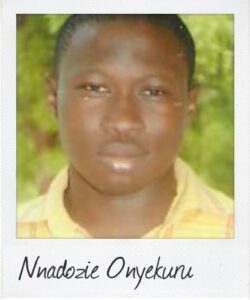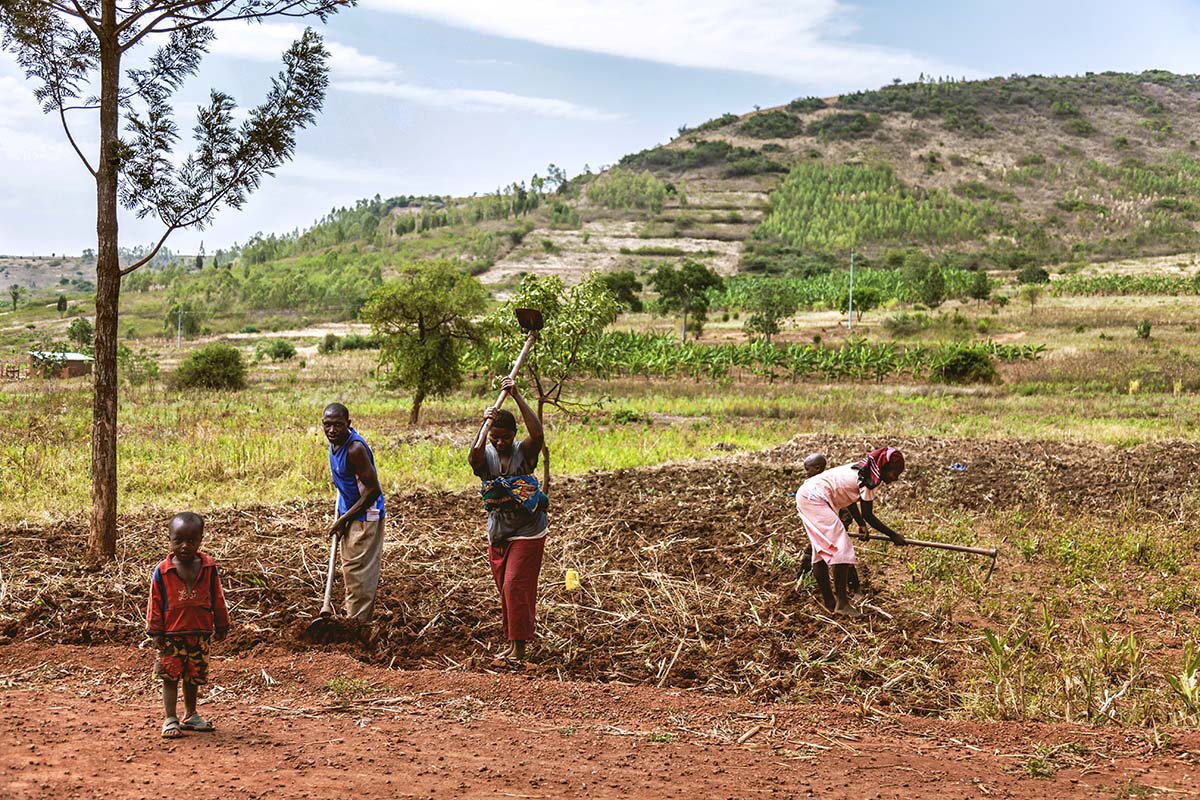“Politics facing strategic change in Nigeria”
March 23 A proposition for a third party on the national stage has introduced a new element in Nigerian politics and interesting time for the electorate, writes Nnadozie Onyekuru, 29, a Commonwealth Correspondent from Nigeria now studying in the USA.
A proposition for a third party on the national stage has introduced a new element in Nigerian politics and interesting time for the electorate, writes Nnadozie Onyekuru, 29, a Commonwealth Correspondent from Nigeria now studying in the USA.
There is much ado in Nigeria over the electoral viability of a potential political platform that would serve as an alternative to the nation’s dominant parties.
The idea of such a platform seeped into public consciousness through a critical analysis of the current administration by prolific commentator, Farooq Kperogi.
In a bid to prevent his criticism of President Buhari from becoming a canonization of prominent opposition figures, Mr. Kperogi opined that Nigeria faced a Hobson’s choice between the leadership options provided by the ruling All Progressives Congress, APC, and the opposing People’s Democratic Party, PDP. He therefore advocated for the emergence of a third political force in Nigeria’s multi-party democracy.
His depiction of affairs in Nigeria soon found a home in the pen of former president Olusegun Obasanjo. who tacitly used an open letter to his successor to lobby the support of citizens for a redemptive national movement or coalition. Shortly after the former president’s publication, some of his proteges and their allies set the coalition in motion, but many Nigerians had already begun to look elsewhere. Once bitten, twice shy, many Nigerians are hesitant to accept a rebranded class of familiar politicians as the elixir for their enduring problems. Across public discourses, they are owning the hiring process for the third force candidates and some of them are even offering themselves for consideration.
Among them is Kingsley Moghalu, a former deputy governor of the Central Bank of Nigeria and Professor at The Fletcher School of Law and Diplomacy at Tufts University. Mr. Moghalu believes that Nigeria needs a technocrat to lead her affairs, a kind of philosopher king. In a Channels Television interview, he readily points to the rise of some Asian economies as proof that countries with visionary leaders can be transformed in leaps and bounds. His sentiment is shared by Fela Durotoye, a successful motivational speaker and leadership coach who has now joined a political party.
Messrs. Moghalu, Durotoye, and their kin have no real chance at the presidency despite their professional achievements and enthusiastic followers. The stars in Nigeria’s political cosmos are already lining up for the typical cast of contestants and all things being equal, President Buhari maintains a strong grip on the formula that wrote his historical victory in the last polls.
For Thisday columnist and former presidential aspirant, Dele Momodu, the chances of an outsider breaking into Nigeria’s leadership through a third political platform are akin to the same happening in the United States. Momodu is of the view that the gargantuan difficulty of a third platform succeeding electorally was what spurred candidate Trump to wrestle control of a major party in the United States and that enthusiasts of a new class of leaders in Nigeria should be similarly pragmatic. His “Pendulum” counsel is not likely to be heeded nor is its possibility clear even if it were; nevertheless, the lack of consensus over change has spirited fruitful conversations about the qualities Nigerians desire in their leaders.
Photo credit: Irudayam Only a pawn in their game via photopin (license)
……………………………………………………………………………………………………………………………………………………………………………
About me: I am a Nigerian student. I love books. I am young and enthusiastic with firm dreams that are only tempered by Christianity. I dream of a world where people, inspired by their common humanity, engage in a global wheel of ideas and do not use history as a tool for blame game but as a lesson for the future. In my spare time, I write stories, speeches and participate in activities that advance the respect of human dignity.
………………………………………………………………………………………………………………………………………………………………….
Opinions expressed in this article are those of the author and do not necessarily represent the views of the Commonwealth Youth Programme. Articles are published in a spirit of dialogue, respect and understanding. If you disagree, why not submit a response?
To learn more about becoming a Commonwealth Correspondent please visit: http://www.yourcommonwealth.org/submit-articles/
…………………………………………………………………………………………………………………………………………………………………




